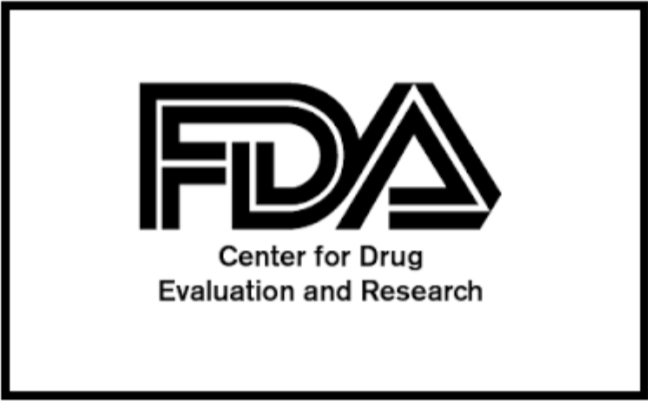

FDA-Cleared Nanotechnology developed by Nanovis is planned for use to enhance Medtronic PEEK interbody fusion devices used in Spine Surgery.

FDA-Cleared Nanotechnology developed by Nanovis is planned for use to enhance Medtronic PEEK interbody fusion devices used in Spine Surgery.

In the healthcare industry where patient lives are at stake, quality culture is a cornerstone principle extending beyond operational efficiency. It has profound effects on patient outcomes. As tech continues to disrupt healthcare, how do technology companies build a robust quality culture to succeed in healthcare?

Bridgefield Capital will buy the segment, which includes cardiac resuscitation and emergency care devices, for an undisclosed amount.

Stryker has agreed to sell its US spine implant business to Viscogliosi Brothers with plans to create a newly formed company called VB Spine, LLC. The deal also includes a binding offer for Stryker’s French spine business, and the company said it plans to sell its spine implants businesses in other international markets.

With a new executive order to leave the World Health Organization, the Make America Healthy Again (MAHA) movement is driving new policy and promises for faster time to market for product innovation. MedTech start-ups are keen to capitalize on the opportunity, yet funding to push product through early product phases – concept and design through clinical studies and post-market surveillance – can be complex. Daniele Viappiani of GC1 Ventures offers strategies for MedTech start-ups to find the right investors.

Leveraging awareness communications to grasp the potential opportunity for medical devices designed to monitor health and chronic illnesses offered by the new US administration.
The FDA’s Center for Devices and Radiological Health issued a statement on medical device supply chain vulnerabilities, the public health impact they have on patient care, the FDA’s actions to prevent and mitigate potential shortages, and solutions to strengthen the domestic supply chain and address these vulnerabilities.

Acquisition to expand cardiovascular portfolio with complementary and differentiated calcium modification platform, furthering company’s strategy to address coronary and peripheral disease.

According to CDER Director Patrizia Cavazzoni, CDER’s new Center for Real-World Evidence Innovation represents a major step forward in efforts to unlock the full potential of RWD to inform clinical and regulatory decisions.

Acquisition expected to strengthen Stryker’s neurovascular business with Inari VTE product portfolio including mechanical thrombectomy solutions for peripheral vascular diseases such as deep vein thrombosis and pulmonary embolism.